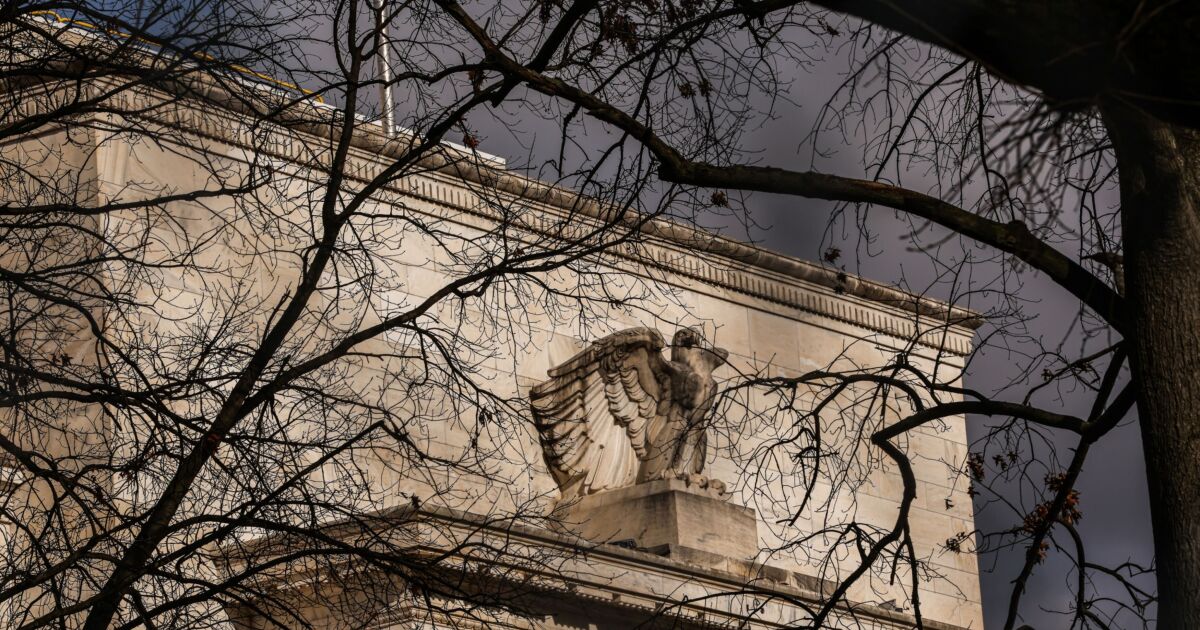
Two Federal Reserve officials said they believe it's appropriate for the U.S. central bank to begin
Boston Fed President Susan Collins used the terms in interviews with Bloomberg News and Fox Business, while Philadelphia Fed chief Patrick Harker employed similar wording in interviews with Reuters and CNBC in Jackson Hole, Wyoming. Neither provided more precision on what the terms mean for the frequency of cuts.
READ ALSO:
Investors have for many weeks expected the central bank would begin lowering rates in September and have shifted their attention to what happens after that. Bets on fed fund futures currently predict policymakers will cut by 75 or 100 basis points, in total, by the end of the year.
Officials should move gradually when they begin easing, Collins said, emphasizing she's not seeing any "big red flags" in the economy. The Boston Fed chief said she's focused on "preserving that healthy labor market while we continue to bring inflation down."
"That's the context in which I do see it soon being appropriate to begin easing policy," Collins told Bloomberg News ahead of the Kansas City Fed's annual symposium in Grand Teton National Park.
"In September we need to start a process of moving rates down," Harker told CNBC. "We need to start bringing them down methodically."
Harker added he wants more information before deciding whether a 25 or 50 basis-point move would be appropriate next month.
In contrast, the event's host, Kansas City Fed President Jeffrey Schmid, said he wasn't yet ready to support a cut.
"It makes sense for me to really look at some of the data that comes in the next few weeks," he told Bloomberg TV's Michael McKee in an
Minutes from the central bank's July 30-31 policy meeting released Wednesday revealed that "several" Fed officials saw a plausible case for cutting rates last month while a "vast majority" thought it would be appropriate to begin easing at their next gathering on Sept. 17-18.
Orderly Cooling
None of the three officials said their view on the economy was much changed by the Labor Department's preliminary
"While it's a big number, it doesn't really change the path of the way I think of things when I think about monetary policy," Schmid said.
Recent data show an economy that's still in a good place overall, Collins said. Inflation has come down significantly and the data is providing more confidence that it's on a path to the Fed's 2% goal, she said.
And while the unemployment rate is rising — hitting 4.3% in July — it's still historically low, and labor force participation has been strong. Hiring has slowed, but layoffs haven't climbed, painting a picture of a labor market that has been cooling in an orderly way, Collins said.
"I do think that recalibrating begins to be important, but I would envision doing that gradually," she said, adding, "There isn't a preset path."
Investors will be listening closely for any hints about how quickly policymakers expect to move when Fed Chair Jerome Powell speaks on Friday.



